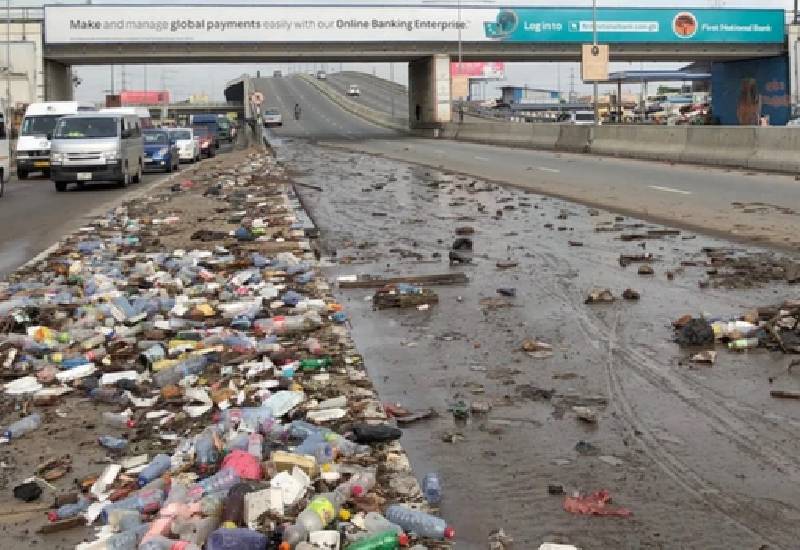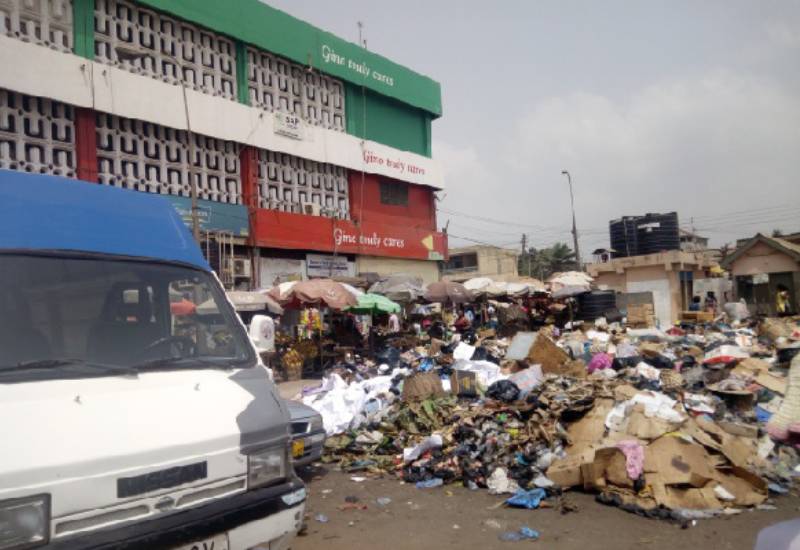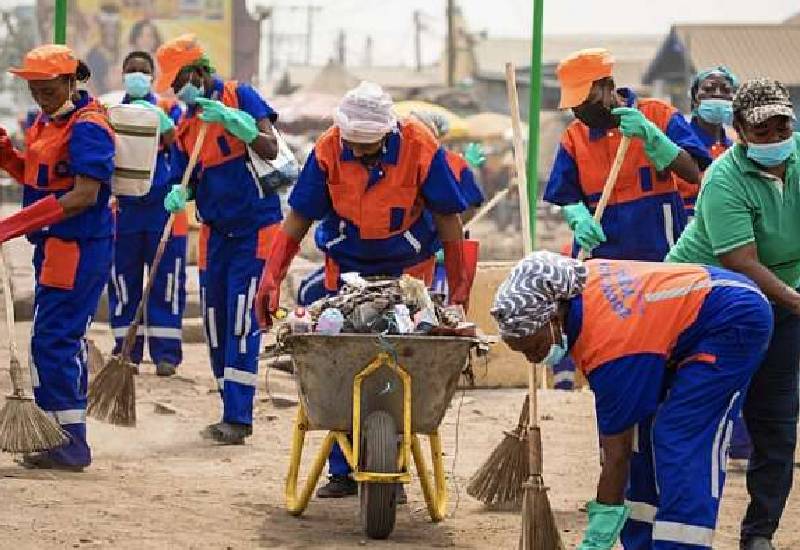By Godwin Owusu Frimpong
In an unsettling revelation, the plight of sweepers employed by Zoomlion Ghana Limited has ignited public discourse on the ethics of labor compensation. In a recent statement, the company justified the meager allowance of GH₵ 250 for a mere four-hour workday, following backlash triggered by protests over delayed wages and insufficient allowances. This situation has opened a Pandora’s box, prompting us to examine the broader implications of such economic disparities.
At the heart of this issue lies a glaring disconnect between the compensation workers receive and the value of the essential services they provide. The sweepers, who are tasked with maintaining sanitation in urban areas, contribute significantly to public health and community welfare. Yet, their compensation raises critical questions about societal priorities and the dignity afforded to labor.
Emma Adwoa Appiah Osei-Duah, the Director of Communication and Corporate Affairs at Zoomlion, provided insight into the financial framework governing the sweepers’ wages. It was stated that from the government’s payment of GH₵ 850 per sweeper, only GH₵ 250 is allocated for workers’ allowances—an amount that scarcely reflects the demanding nature of their jobs. The breakdown reveals that GH₵ 600 is siphoned off for management and logistics, underscoring a systemic issue where operational costs overshadow fair employee compensation.
Lack of timely payment, attributed to bureaucratic hurdles within the contract with the Youth Employment Agency (YEA), raises ethical concerns. The established agreement, which necessitates upfront payment followed by reimbursement, has resulted in delays that leave workers vulnerable and uncertain about their livelihoods. This instability not only affects the individual sweepers but also reverberates throughout their families and communities, emphasizing an alarming cycle of economic hardship.
The dialogue surrounding this issue must extend beyond the immediate concerns of payment and contractual obligations. It should catalyze conversations about the treatment of all service workers and their right to fair compensation. The reality is sobering: the labor that keeps our cities clean and functional is undervalued and marginalized.
As discussions continue among stakeholders to amend the compensation structure, it is imperative that we recognize the humanity in these workers. The social contract between employers and employees should reflect respect, equity, and justice. The narrative surrounding sanitation workers must change; they are not just operatives but vital contributors to societal health and well-being.
The gravity of this situation calls for a collective awakening—a reconsideration of how we value labor in our society. Are we, as a community, willing to stand up for the rights and dignity of these essential workers? As we reflect on this pressing issue, we must ask ourselves: How will we ensure that fair compensation becomes a fundamental right for all workers, not just a privileged few?
Godwin Owusu Frimpong







